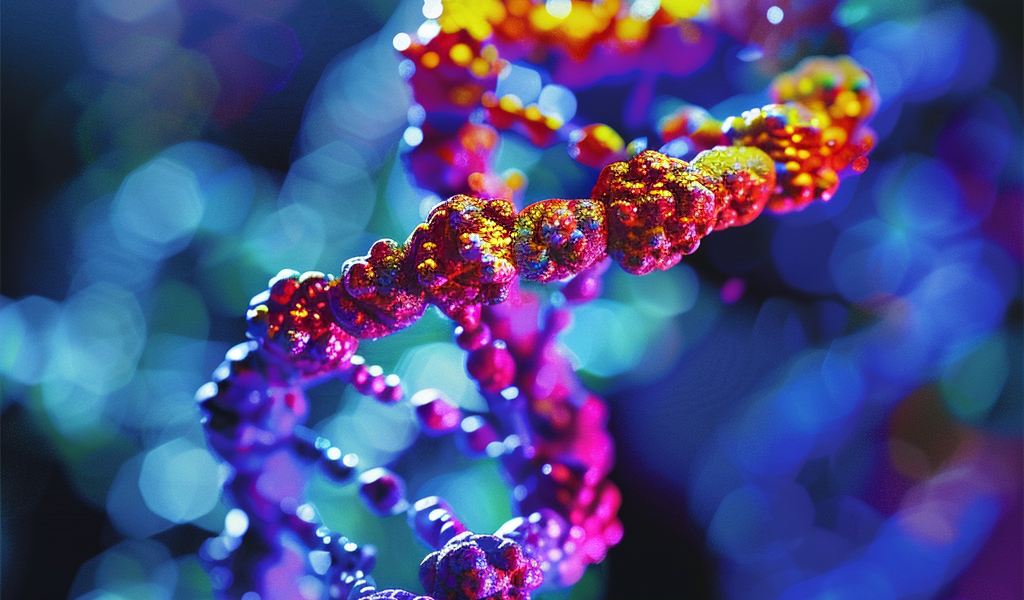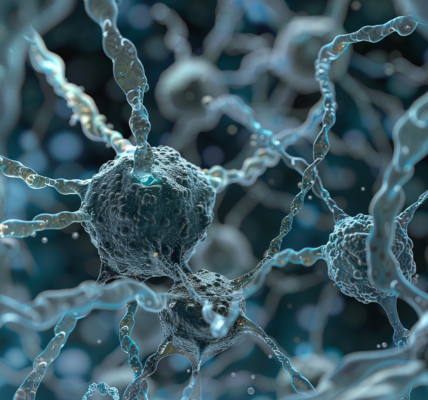Researchers from Nijmegen and Newcastle have made a groundbreaking discovery in the field of genetics. They have identified a new genetic mutation that causes severe combined immune deficiency disorder (SCID), a rare and life-threatening condition. This mutation affects the proteasome, a molecular shredder, and is the first of its kind to be linked to SCID.
SCID gained public attention in the 1970s and 1980s, particularly through the dramatic life story of David Vetter, who lived in a sterile plastic bubble due to the disease. The condition severely compromises the immune system, leaving individuals vulnerable to even the smallest infections, which can quickly lead to death.
The only known treatment for SCID was confining individuals in a sterile environment, similar to a plastic bubble, to prevent infections. However, advancements in medical science have offered new hope. A bone marrow transplant has emerged as a potential solution, as it can provide a new and fully functioning immune system.
SCID is a result of inherited genetic abnormalities that impact the production and function of crucial immune cells. Mutations in genes related to B and T cells lead to the inability to recognize and combat infections, posing a grave risk to those affected. While X-linked SCID is the most common form, other variations such as ADA deficiency, Omenn’s syndrome, and mutations in the JAK3 and Artemis gene also contribute to different forms of SCID. However, not all genetic mutations associated with SCID have been identified.
In 2005, a remarkable case of SCID was referred to Radboud UMC in the Netherlands, highlighting the ongoing need for research and understanding of this complex condition.





